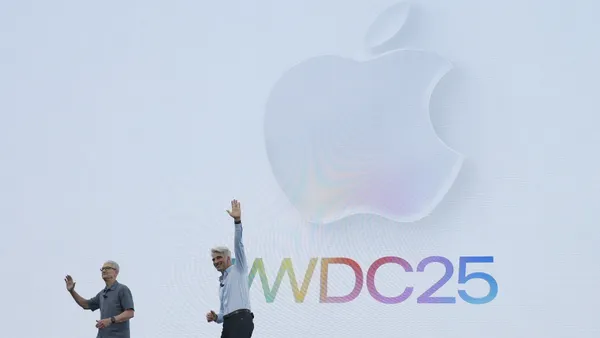Brief:
- Drawbridge sold its U.S. media business to location data platform Gimbal, is shuttering its self-serve ad platform and exiting the advertising business, according to a press release. Drawbridge's media team and the company's entire operations are transferring to Gimbal.
- Gimbal, already a Drawbridge customer, will get special access to Drawbridge's graph technology, including log-file data that its advertising operations team can use to optimize campaigns in real time rather than waiting for the graph to get refreshed, which usually occurs just once a week.
- The deal comes about two months after Drawbridge closed its media buying-group in Europe, where the enforcement date of May 25 approaches for the European Union's General Data Protection Regulation (GDPR) that restricts how companies can use personal data.
Insight:
Drawbridge's decision to sell its European media business is likely more of a reflection of the company's strategic direction than a result of the pending EU privacy laws soon taking effect. Selling media and data at the same time presents certain conflicts of interest, and the businesses can be hard to scale. Drawbridge can devote more company resources to its data licensing and software-as-a-service products for non-advertising uses such as security, authentication and fraud and risk detection, per AdExchanger.
The company was one of the last major independent companies in an industry that has experienced significant consolidated in the past decade. Almost all of its competitors were acquired, including Tapad, Crosswise and Adbrain. However, Gimbal sees a strong business in location and identity data, CEO Rob Emrich told AdExchanger. The acquisition of Drawbridge's media unit gives Gimbal scale and a bigger presence in the market.
With the implementation of GDPR, companies without a legal basis or consent to process the personal data of EU citizens may be subject to fines or other remedies. Adtech vendors that sell this type of cross-device graph technology, as Drawbridge does, may face difficulties in complying with the tightened restrictions, though the company insists it's not getting out of Europe because of GDPR.












